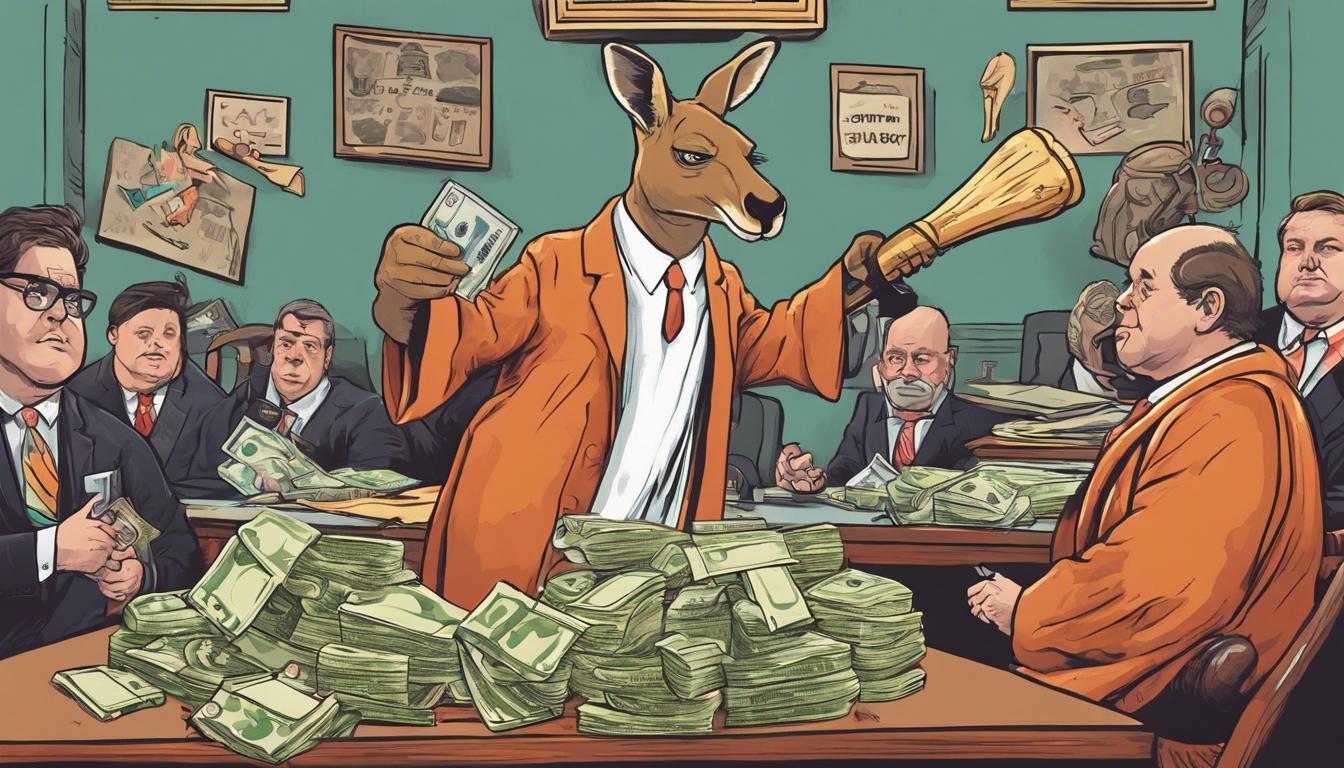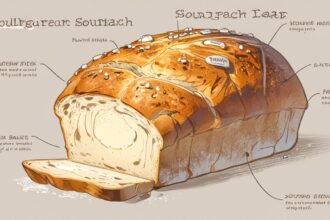The defamation trial involving Bruce Lehrmann and Channel Seven unveils allegations of chequebook journalism and ethical misconduct, sparking a debate on the boundaries of reporting and the integrity of news production.
The Australian media landscape has been rocked by allegations of chequebook journalism and ethical concerns stemming from the defamation trial involving former political staffer Bruce Lehrmann and Channel Seven. The case has revealed claims of extravagant measures taken to secure exclusive content, including payments for interviews and coverage of expenses for cocaine, sex workers, and luxury items.
Taylor Auerbach, a former producer for Seven’s Spotlight program, made headlines with allegations that Channel Seven funded $200,000 for an exclusive interview with Lehrmann, including for illicit activities, as part of the story’s pre-production expenses. These expenses were allegedly masked under various pretexts, including a $750 charge claimed to be for cocaine and sex workers. Auerbach’s testimony detailed efforts taken to foster a connection with Lehrmann, leading to the latter sharing confidential documents ahead of his interview.
The trial, presided over by Justice Michael Lee, has raised serious questions about the use of sensitive material obtained during legal proceedings, specifically information regarding Lehrmann’s earlier criminal trial on a rape charge involving Brittany Higgins. These revelations have spotlighted concerns about journalistic ethics, privacy, and the legality of such exchanges.
Channel Seven has denied allegations related to financing illicit activities or employing chequebook journalism tactics. Meanwhile, the case has also stirred a debate over media bias and the credibility of fact-checking units in Australia, with some commentators critiquing the politicization of fact-checking.
As the Lehrmann defamation trial against Network Ten and Lisa Wilkinson progresses, the focus has increasingly turned to the ethical boundaries of journalism and the integrity of legal processes. The court is examining the implications of Auerbach’s claims not only on Lehrmann’s credibility but also on the broader practices within the media industry, underscoring the challenges of balancing sensationalism with ethical reporting.
This high-profile legal battle, capturing widespread attention on platforms like YouTube, underscores the intricate relationship between media practices, journalistic ethics, and public trust. It highlights the ongoing conversation about the standards and responsibilities of news organizations in their pursuit of exclusive content.













